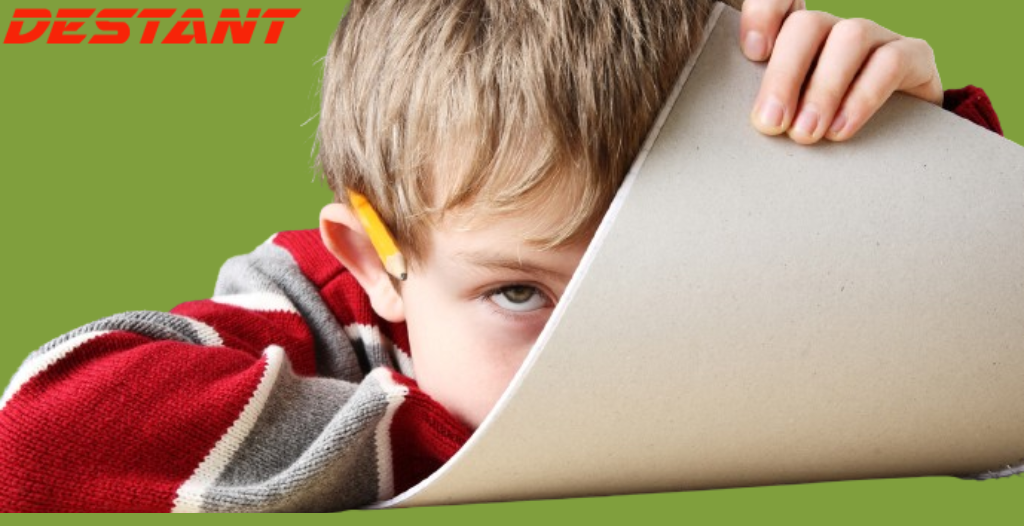Unloved Children Struggle With These 7 Things As Adults
Adults who experienced feelings of being unloved as children may encounter the following seven challenges in their lives:
- Low Self-Esteem: Unloved children may struggle with a diminished sense of self-worth, leading to low self-esteem. The lack of emotional support during childhood can contribute to a negative self-perception.
- Difficulty in Forming Healthy Relationships: A lack of love and affection during childhood may result in challenges forming and maintaining healthy relationships as adults. Trust issues, fear of vulnerability, and challenges with emotional intimacy can be prevalent.
- Emotional Regulation Issues: Unloved children may experience difficulties regulating their emotions. This can manifest as heightened sensitivity, impulsivity, or struggles with coping mechanisms, impacting their overall emotional well-being.
- Depression and Anxiety: The absence of love and support during childhood may contribute to mental health issues such as depression and anxiety in adulthood. The emotional neglect experienced can have lasting effects on one’s mental and emotional state.
- Fear of Abandonment: Unloved children may develop a deep-seated fear of abandonment, leading to clinginess or an aversion to forming close connections. This fear can affect various aspects of their lives, including friendships and romantic relationships.
- Self-Destructive Behavior: Some adults who felt unloved as children may engage in self-destructive behaviors as a way to cope with emotional pain. This can include substance abuse, self-harm, or other risky behaviors as a means of seeking solace or control.
- Difficulty Trusting Others: Trust issues can be a significant consequence of not receiving love and support during childhood. Adults who experienced emotional neglect may find it challenging to trust others, leading to difficulties in building meaningful connections.
It’s important to note that individuals are resilient, and with the right support and therapeutic interventions, they can work towards overcoming these challenges and building healthier, more fulfilling lives. Seeking professional help, such as therapy or counseling, can be instrumental in addressing the lingering effects of childhood emotional neglect.


